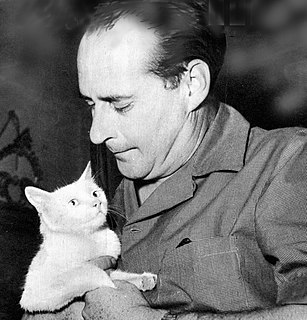A Quote by Nancy Kress
Surreal fiction is a sophisticated art form. Events happen divorced from conventional logic, as events in a dream may happen. But unlike dreams, everything in the story contributes to an overall coherent point, impression or emotion.
Related Quotes
I tend to avoid melodrama. I try to create very realistic settings and very realistic experiences and realistic responses to these experiences. Melodrama is the use of really big events that may or may not happen in real life - certainly they do, but they're not events that are common to most people. Most of the things that happen in my novels are things that could happen to people in real life.
The telling of stories, like singing and praying, would seem to be an almost ceremonial act, an ancient and necessary mode of speech that tends the earthly rootedness of human language. For narrated events always happen somewhere. And for an oral culture, that location is never merely incidental to those occurrences. The events belong, as it were, to the place, and to tell the story of those events is to let the place itself speak through the telling.
The only way of expressing emotion in the form of art is by finding an "objective correlative"; in other words, a set of objects, a situation, a chain of events which shall be the formula for that particular emotion; such that when the external facts, which must terminate in sensory experience, are given, the emotion is immediately evoked.





































